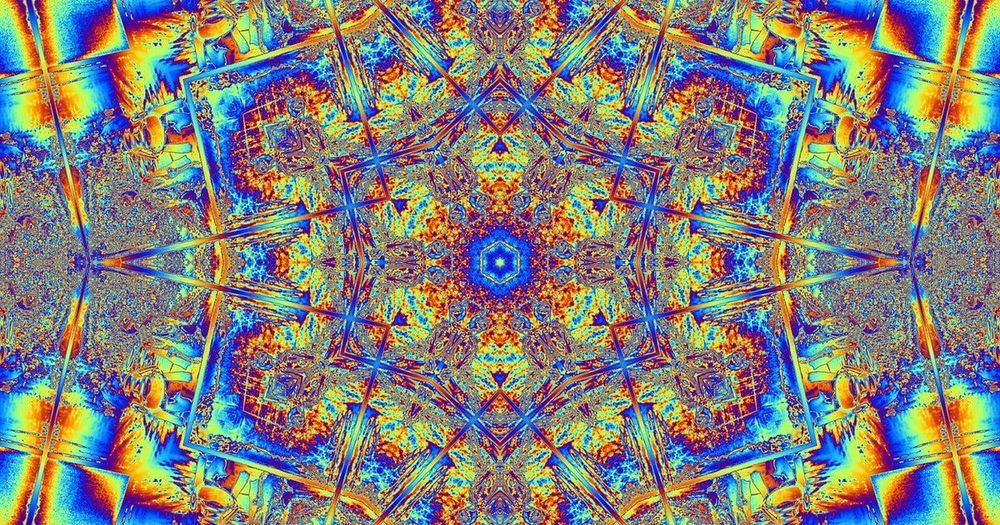How do you all feel about this?
Strips you pee on at home and then scan with your phone to see if you are dealing with any deficiencies. The test results provide food recommendations, supplement recommendations, and lifestyle recommendations intended to help improve the way you “look, feel, and perform…”
Probably rudimentary but I like where their head is at.
With Bloom you can track 15 health metrics from the comfort of your home and get personalized food, supplement and lifestyle recommendations to help you feel your best.








